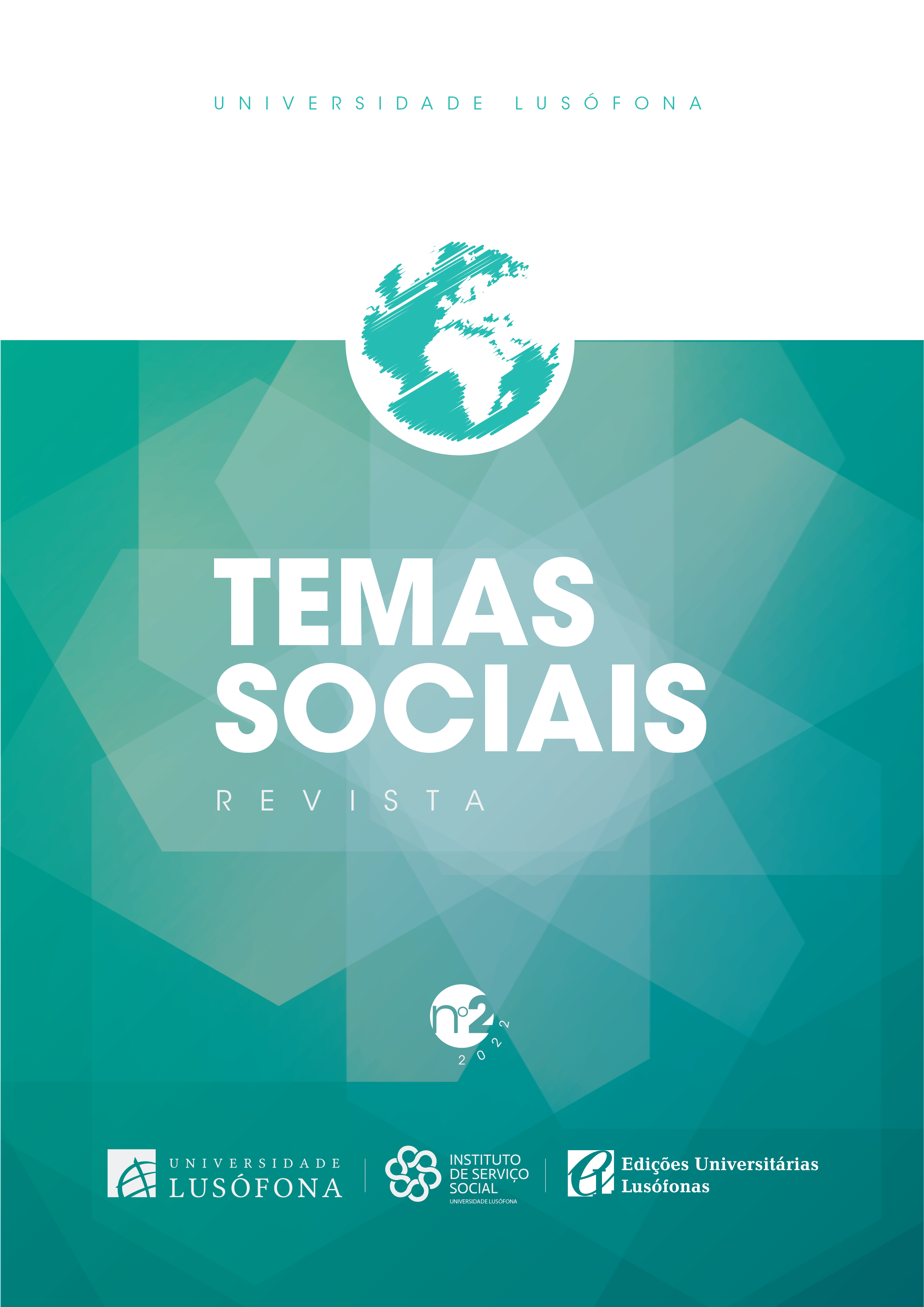A indissociabilidade entre gênero, classe e etnia para a compreensão da situação da mulher na sociedade de classes contemporânea e a necessidade de um feminismo para os 99%
https://doi.org/10.53809/TS_ISS_2022_n.2_54-68
Abstract
This article is the result of a bibliographical review of the works of Heleieth Saffioti, comparing them with the Feminist Manifesto of Cinzia Arruzza, Tithi Bhattacharya and Nancy Fraser. Such analysis intends to answer the question: is it possible to overcome gender violence, attending to the demands of the exploited classes, separating it from the issues of class and ethnicity? It is assumed that, in order to meet the needs of the exploited populations, the inseparability of the categories gender, class, and ethnicity must be taken into account. The objective of this article is to analyze these categories as inseparable issues for the construction of a feminism that contemplates the needs of the exploited classes in contemporary capitalism. To carry out this reflection, this article is based theoretically and methodologically on dialectical historical materialism, that is, it analyzes concrete reality, describing it theoretically, in order to understand it in its multiple determinations.
Downloads
Open Access Policy:
The Journal facilitates free, open and immediate access to its contents to foster the exchange of knowledge at a global level.
By submitting their work, the author(s) authorise the publication and dissemination of their work and are responsible for its content.
Code of Ethics:
The Journal is a digital tool that enables the dissemination of knowledge in a globalised society where technology, communication and information occupy a prominent place. The publication promotes equal opportunities facilitated by knowledge. To this end, the Journal is committed to the content it publishes, adopting a code of ethics based on the following principles:
1. The texts received must be original, by the author(s) alone and unpublished, i.e. they must not have been previously published, broadcast or sent to another publication.
2. Authors are responsible for requesting any authorisations necessary to publish their texts, with the respective reference to the sources consulted.
3. That organisation must authorise work funded by an organisation to disseminate the results.
4. the plagiarism detection tool in force will review all work received at Universidade Lusófona - Centro Universitário de Lisboa.
5. The articles received will be evaluated by two experts in the field, guaranteeing the anonymity of the author(s) and the evaluators.
6. Papers involving people as the research subject must obtain informed consent from all of them, with strict respect for the confidentiality of personal data and, if necessary, the decision of the Ethics Committee.
7. The list of authors should only include those who contributed intellectually to the work, i.e., who designed and carried out the research, wrote up and analysed the results and approved the final version of the text.



